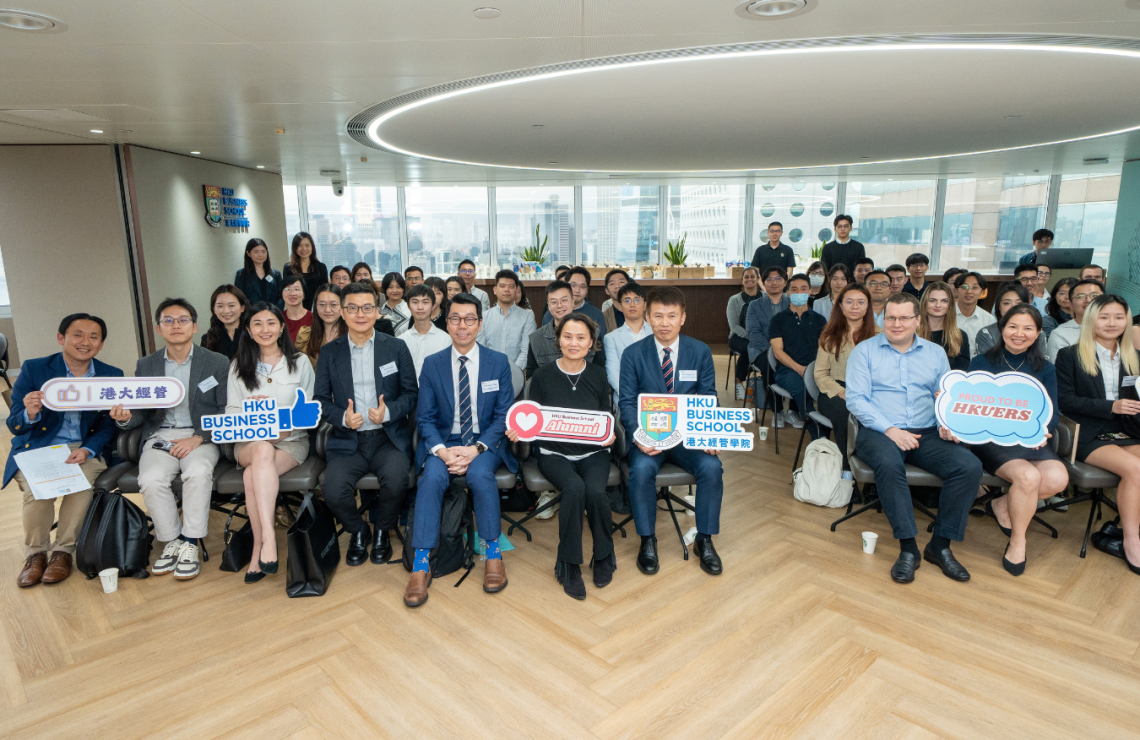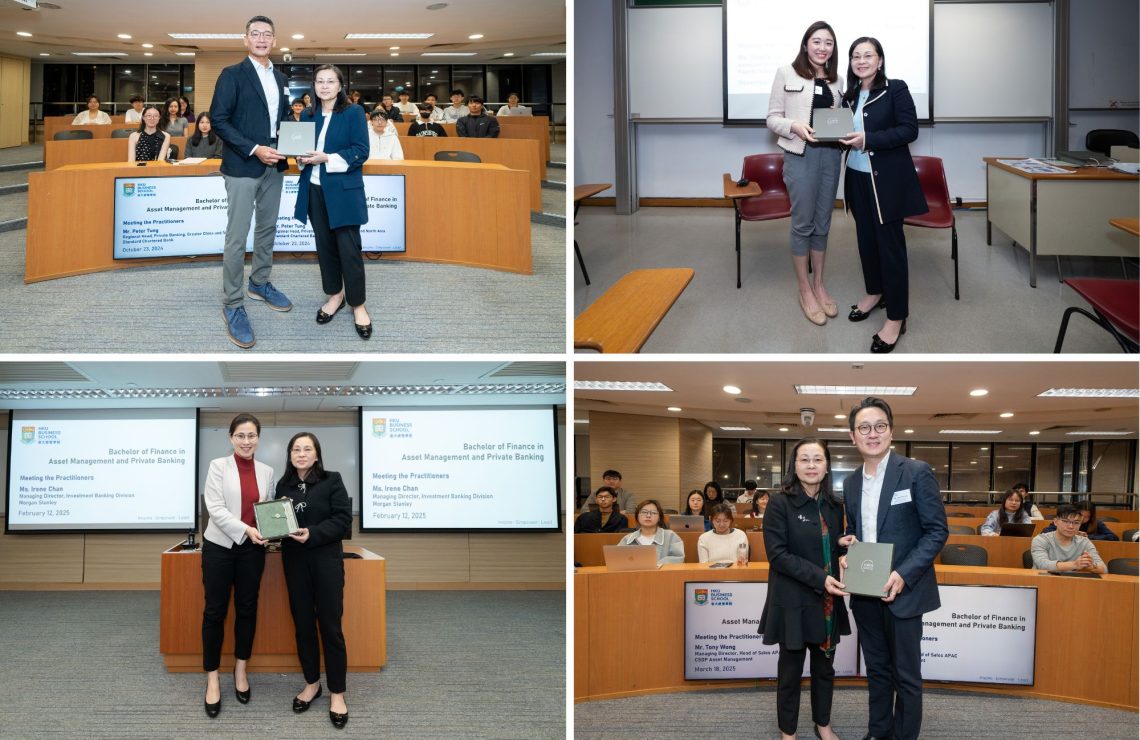The Competition Maniac: Dr. Qingchen WANG
To success, be unique
Dr. Wang’s interests in the transfer and creation of knowledge were germinated since young. As a practical person keen on knowledge with high application value, midway through his undergraduate years, Dr. Wang had changed his undergraduate major from Biology to Computer Science, a discipline which guarantees scholars plentiful collaboration opportunities with the real business world.
Compare with private research institutions that focus specifically on problems faced by the company or its attached industry, Dr. Wang believes that the academic route suits him better as scholars enjoy more liberty in topic selection. This could satiate his thirst for meeting up and learning from people from all walks of life. Therefore, Dr. Wang has decided to become a scholar after accomplishing his master's degree.
The competition for academic posts is fierce. Dr. Wang believes that while skills in acquiring high grades in undergraduate courses are irrelevant to research, it is, unfortunately, a prerequisite to enter academia. Therefore, in order to be a successful researcher, students must develop skills that are desirable and rare in the field. Dr. Wang himself, for example, possesses uncanny skills in data analysis, a skill that is highly prized by both academia and the private sector. This has offered Dr. Wang lots of opportunities to engage in all sorts of collaborations and consultation projects over the years, allowing him to develop concrete practical experiences and prestige in academia.
Competition mania
Over the years, Dr. Wang has participated in over 30 IT and business-related competitions. Participating in competitions is very important as it enables students to apply theories on authentic data from private firms. Dr. Wang himself, for example, develops all his unique data analytical skills through participating in competitions. As researching on IT knowledge and developing new IT products often requires live data from private firms, Dr. Wang believes that these competitions are excellent warm-ups for students aspired to develop an IT career.
Competition experiences could also enable students to develop a better understanding of the industry. In the future, either they have chosen to become a scholar or work in the private sector, their research and projects will be relevant and useful.
To Dr. Wang, participating in competitions not only allows him to learn new knowledge from other contenders but being overwhelmed by a competitive atmosphere also gives him a mental time-out.
AI and debt collection
Dr. Wang shared his experience in developing an AI specialized in debt collection. The debt-collecting industry has always been facing a disequilibrium. While calling for debts already entails a lot of work, most debt-collecting agencies also lack the manpower to operate efficiently. However, as Dr. Wang’s AI could group debtees with good repayment records and calculate the best time period and frequency to make reminders, a lot of time is freed up for staff to pursue debtees with poor repayment records. It is believed that this AI could greatly boost the productivity of debt-collectors. As the US alone has more than USD 600 billion of debt accumulated among its households, the research of Dr. Wang has become a game-changer in the market.
IT giant vs IT entrepreneur
When asked whether students should work in an IT giant or become an IT entrepreneur, Dr. Wang believes that it depends on the student’s personality. Working for an IT giant offers one a quality life and a successful career prospect in the IT industry. But becoming an IT entrepreneur, however, is very risky and arduous.
Not only IT entrepreneurs on average have lower pay than employees of IT giants, but they also have to deal with a buffet of miscellaneous, non-IT related problems such as office rent. Although there is a one in a million chance for an IT entrepreneur to become the second Bill Gates, chances are that your start-up will either go bankrupt before taking off, and your entrepreneurial ambition will be gradually whiled away by the mundane desire to achieve break-even. At the end of the day, the road of entrepreneurship attracts both the foolish and the wise.
Way forward
Dr. Wang observes that the AI community in Hong Kong is small and is yet to be well-developed. Joining HKU, Dr. Wang aims to utilize his connection with the private sector to create more internships for HKU students in order to strengthen their knowledge in AI and hone their technical expertise. Through attracting talents around the world and keeping up the cutting-edge research level of HKU, Dr. Wang is optimistic that Hong Kong would remain relevant in the era of data.







